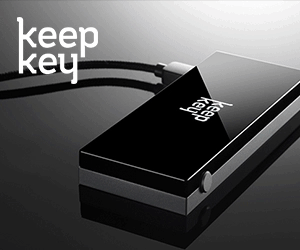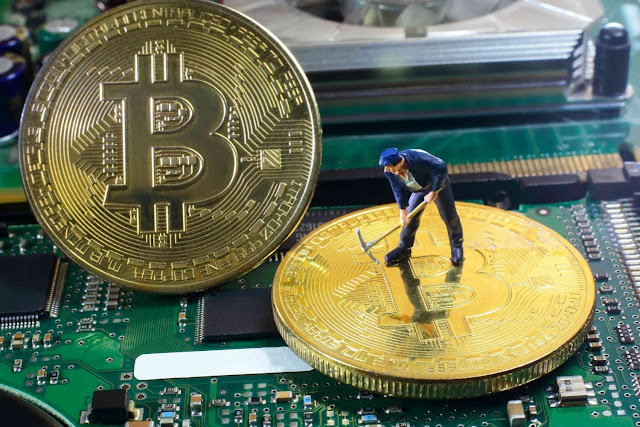DISCLOSURE: This post contains sponsored ads and I will be compensated if you make a purchase after clicking on my links.


When companies that need to grow their business they will often raise money by offering a percentage of their companies to you, the public. You may ask, well why would someone give away a piece of their company when they could obtain a loan from a bank right? Yes, they could, but then the companies starts accumulating debt. Here's what we're looking at when considering financing a business........ If said company ADH profit in the future, a bank loan could be better suited. Yet, said company ADH would still pay huge sums of interest.
This becomes the concern, will company ADH profit in the following years after the loan. Since nothing is guaranteed in life, as surely the outcome of any business. These companies offer off a piece of the business called "shares." Which entitles the "share-holder' a portion of the profit called dividends. The trade-off, no pun intended, is now the company pulls in the necessary financing but the share-holder absorbs the risk should the company not perform well.
In short, the stock market is a place to trade (buy and/or sell) shares or pieces of a company.
EXCHANGES
Known as exchanges, these companies, businesses including government entities have a platform to raise capital. These facilities can regulate the trading (buying & selling) of stocks, securities including other financial products like commodities.
Top World Exchanges:
When a stock is first offered (sold) to the public by a company, it is known as an I.P.O. or initial public offering. Once these shares are sold to the public and because the stock exchange tracks their progress. The shareholder can now utilize this information to sell, buy or trade more stocks.
COMMON
Common shares are the most prominent of the two. Holders of these shares can vote on the companies leadership called "board of directors" & certain corporate affairs. Shareholders make their money when the value of the company increases (appreciates) and when dividends are paid on the shares owned.
The down side is the amount paid out will vary due to companies value. Also if the business/company ends up bankrupt, common shareholders are the last to get any funds. Creditors and other company expenses along with what are known as preferred shares will get paid before common share.
Preferred shares pays are generally paid more due to prearranged terms but do not get to vote on any of the companies affairs. These stocks are guaranteed because of their fixed agreement yet do not yield the same profit potential as common stock. Some would say this is a more stable invest, sighting that payouts are not attached to the interest of the markets. As well as getting some money returned in case the company goes under.
DIVIDENDS
A dividend is a shareholders payout from the profits of the company they own a piece of. These payouts are done quarterly, sometimes paid in cash, sometimes distributed in stocks or properties. Instead of interest paid by banks into an saving account. Here the company pays an (allowance) to it's shareholder from the profits it has accumulated.
Remember shares is the offering to the public a chance to buy a piece of said business. Because not all companies or businesses offer shares as a means to raise capital. Others may offer what is called equity stake. Which are not traded on the stock market.

Example: Two people invest in the business. Each one has a 50% stake in the business. Three person will have a 33.33% stake in said business just as four people would each have a 25% equity stake in the business and so on. However, this is a simple example, in reality, contracts that are drawn up constitutes formal stakes. One make invest $10,000.00 for a 5% stake in the business if that is the agreement.
Blue Chips:
A companies stock that has had a consistent high yield earning, long solid stable history. Are coined "BLUE CHIP" stocks. If you are a poker player, you can figure the highest value poker chip is blue. Which is where it's name originated.
These companies most likely have been around a very long time. You would know them by name right off the bat. They would have a top notch financial performance while dominating their industry.
Old school blue chippers:
- General Electric (GE)
- AT & T (T)
- Kraft Foods (KFT)
- Caterpillar (CAT)
- JPMorgan Chase (JPM)
- COKE COLA (KO)
These are just a few of the companies that have been around for decades. That doesn't say there are not any blue chip stock that are fairly young. Nevertheless, the criteria are mostly the same.
Investing Edge - Get an Investing Edge by joining Jim Cramer's Members-Only Investing Club. Get Free for 14 Days!
A popular financial TV host Jim Cramer of the CNBC program "Mad Money". Dubbed the acronym, F.A.N.G. because of these 4 popular blue chip performing tech companies.....
- Facebook (FB)
- Amazon (AMZN)
- Netflix (NFLX)
- Google aka Alphabet (GOOG & GOOGL)
Symbols after each company name are known as "Ticker symbol or stock symbol"
these are the identifying letters associated within the exchanges.
These companies continue to sustain shares & sales growth.
$$$$ All of which is excellent news for investors $$$$
REAL TALK
Copyright © 2017 Andrew Hayes All Rights Reserved
DISCLOSURE: This post contains sponsored ads and I will be compensated if you make a purchase after clicking on my links.













